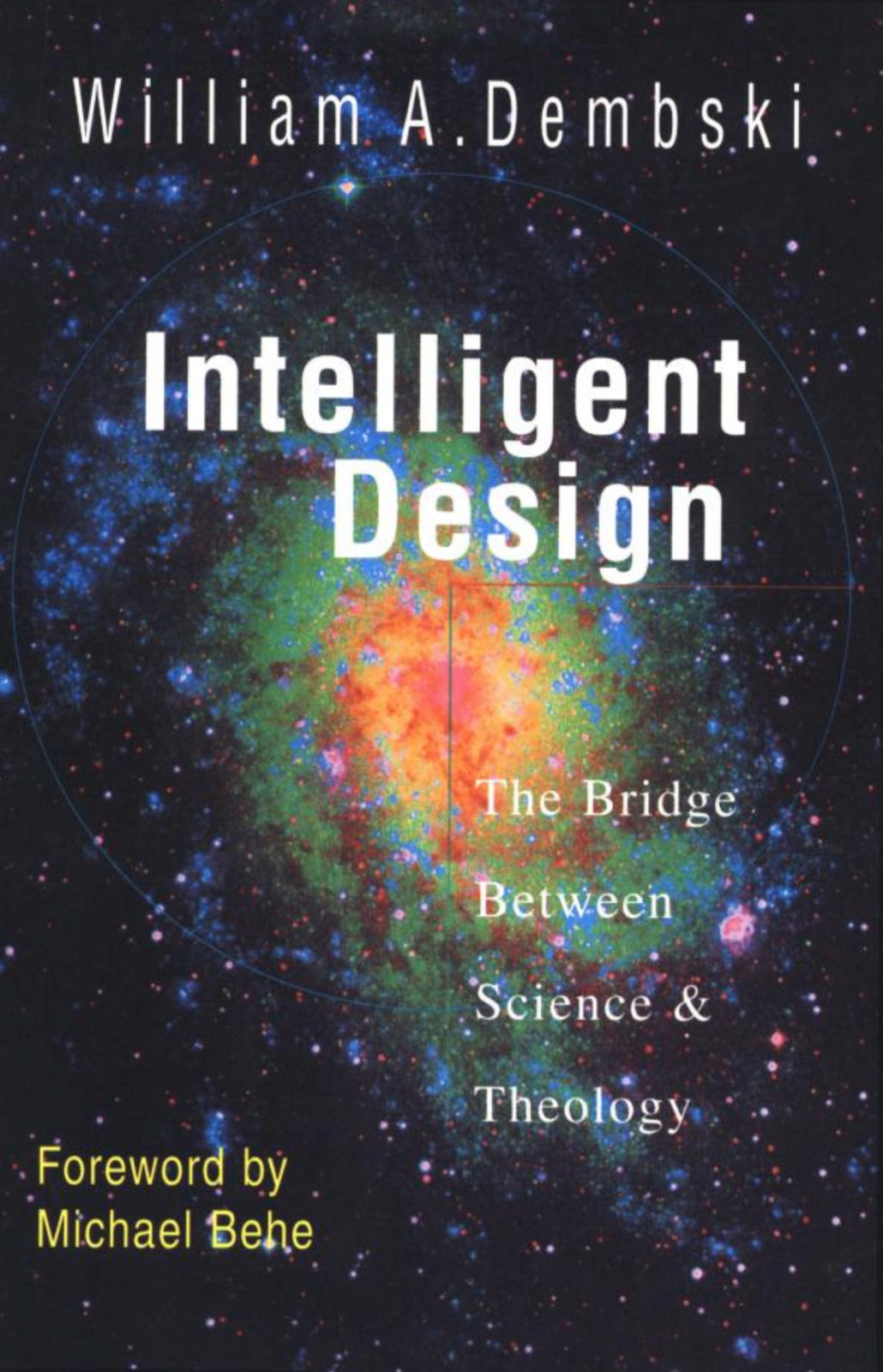
Hallmarks of Design
The Design argument contends that design in nature reveals a Designer. This book presents this in the light of the latest discoveries about the complexity and beauty of the natural world. Plaudits Dr. Stuart Burgess writes in plain, easy-to-understand terms of the complexity and beauty of living creatures all around us. God has placed his hallmark on creation, and it Read More ›

